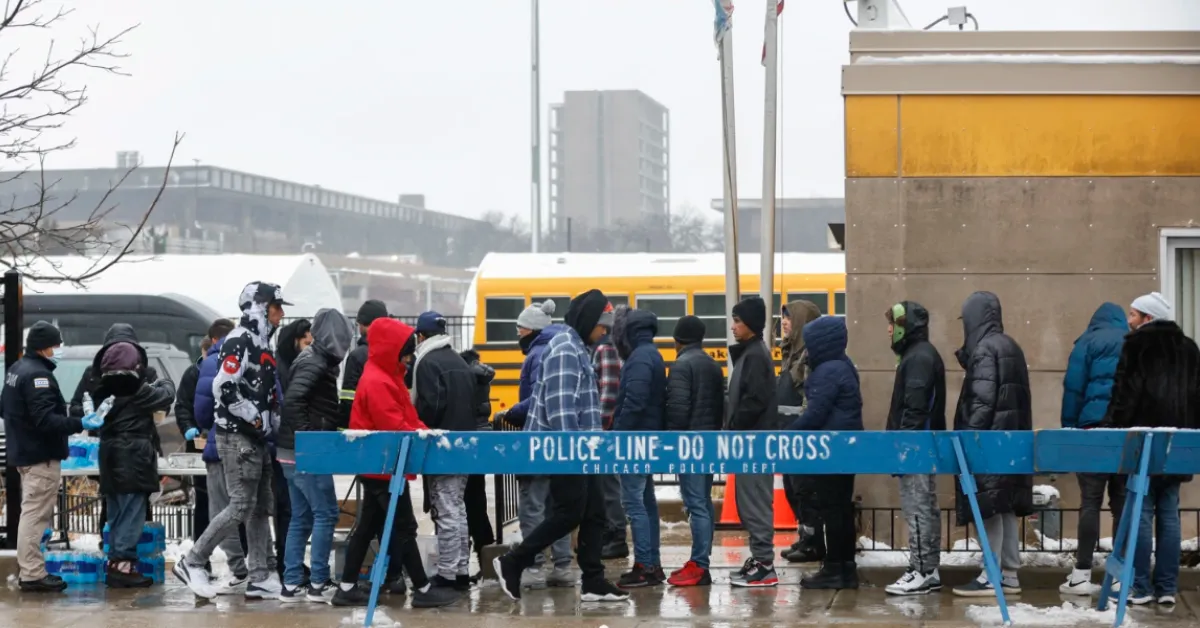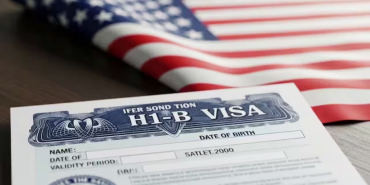Trump to Launch Nationwide Deportation Operation Tuesday

The administration of President-elect Donald Trump is reportedly set to launch a substantial immigration enforcement operation in Chicago, beginning the day after his inauguration.
Sources cited by the Wall Street Journal indicate that this operation will involve between 100 and 200 officers from the US Immigration and Customs Enforcement (ICE) and is expected to extend over the course of a week. This initiative forms part of a broader strategy aimed at increasing immigration enforcement nationwide. Although the focus will not be exclusively on Chicago, similar operations are anticipated in other major cities, including New York and Miami, as part of a comprehensive effort to bolster immigration enforcement.
Tom Homan, Trump’s incoming border czar, emphasized the administration's dedication to this enforcement strategy during a recent event in Chicago. He warned that any local officials hindering ICE's activities would face potential prosecution. These remarks reflect the administration's hardline stance on immigration, a key issue during Trump's campaign leading up to the November 5 presidential election.
Trump has committed to initiating what he describes as the largest domestic deportation operation in American history right after his inauguration. The plan aims to mobilize various federal agencies to facilitate the deportation of unprecedented numbers of immigrants. This approach builds upon strategies from Trump’s first term, which encouraged the use of federal resources while pressuring sanctuary jurisdictions to cooperate with federal immigration efforts.
The ramifications of this aggressive enforcement strategy are likely to be significant, potentially impacting thousands of immigrants and their families. The anticipated actions are expected to elicit strong reactions from both proponents and opponents of Trump’s immigration policies, further deepening the divisions concerning immigration in the US.
The administration frames this initiative as crucial for upholding the rule of law; however, critics warn that it may instil fear within immigrant communities and complicate relations between local law enforcement and residents. Local leaders in Chicago have expressed their intent to resist federal policies that they regard as unjust or detrimental to the community's social structure.














Comments
Time for all immigrants to…
Permalink
Time for all immigrants to down tools. Let non-immigrants work for a week
Add new comment